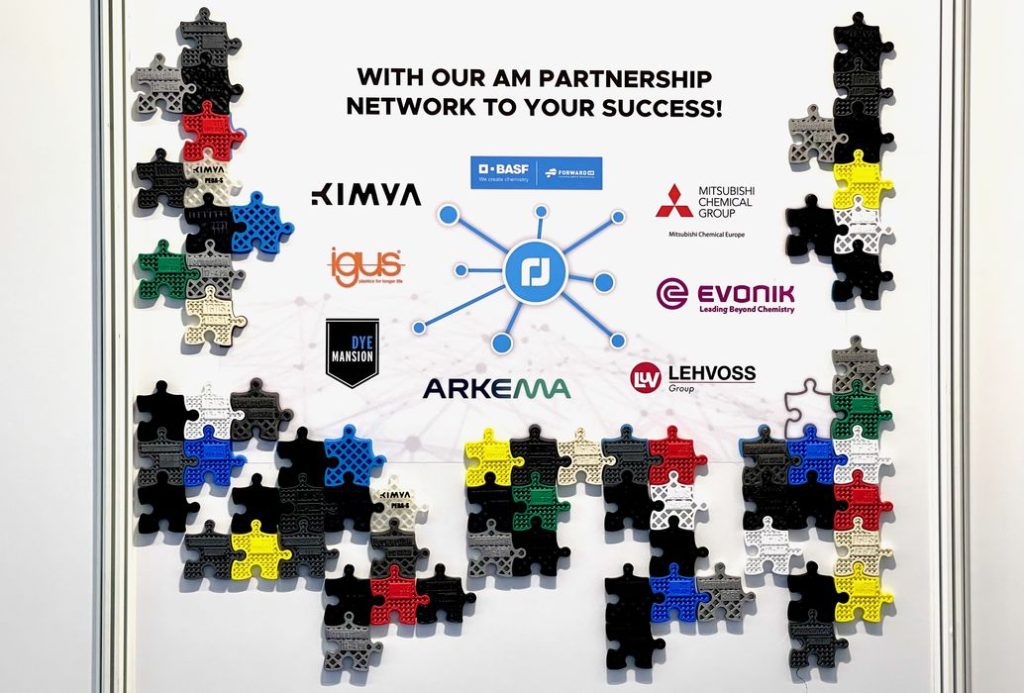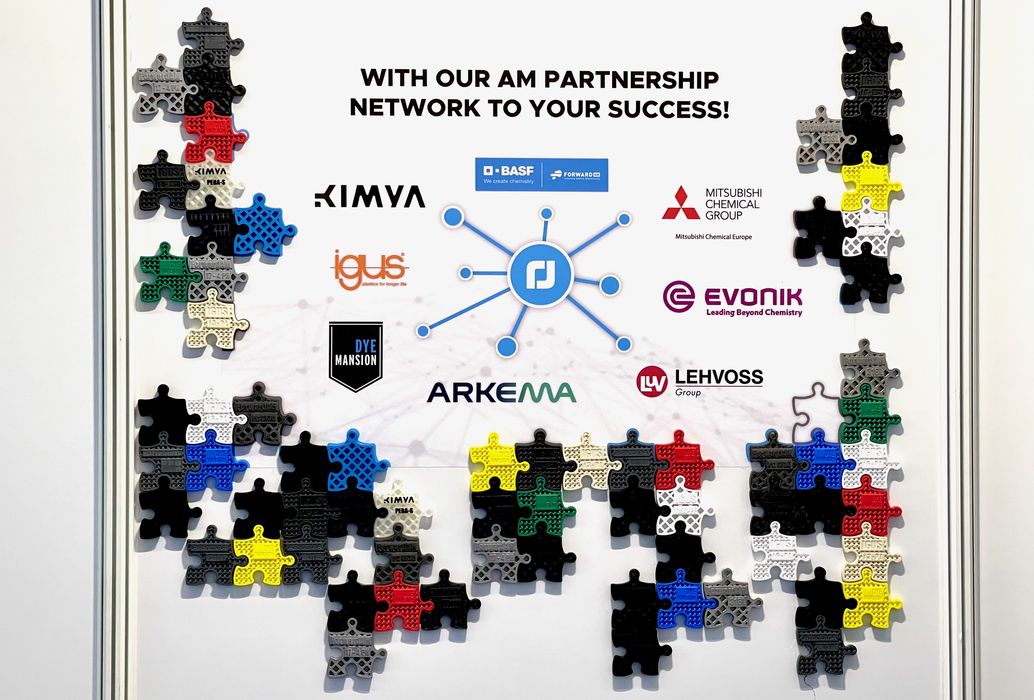
Replique doesn’t make 3D printers, but they do make software that helps use them in a much more sophisticated manner.
The BASF venture is one of several players in the software market that focuses on manufacturing spare parts. This is an increasingly attractive paradigm for many manufacturers, who can effectively digitize their physical warehouses of spare parts and print them on demand. This approach can save enormous amounts of money and time, and provide a wider selection of spare parts for customers.
However, it’s not that easy to implement. You need to establish a library of the part designs, ensure it’s properly searchable and connect that to an order system. Orders have to be dispatched to machines to actually print and ship the part to its intended destination.
There is a huge amount of work and expertise required to set up an efficient system to do all that, and that’s where Replique comes in. They provide a cloud-based platform where manufacturers can perform all those tasks in an efficient manner.
The foundation of the system is Replique’s partner network of “production partners”. It is to these parties that requests for 3D print production are dispatched.
The interesting twist is that the production partners provide equipment and material access. In other words, there is a consistency in the materials used for parts. Replique has a growing network of materials partners that provide known materials, and occasionally early access to new materials.
Not only are the 3D model designs stored by Replique, but also the print parameters and material selections. This ensures that the parts produced are of identical quality each time they are requested. It’s also possible to store actual GCODE for print jobs.
This makes Replique’s system to be an end-to-end solution, and it’s even better because they encrypt all communications between the cloud and the participants, which include not only the customers, but also their manufacturing network partners that produce the parts when requested.
The traditional problem with manufacturing networks is quality control. Early attempts at manufacturing networks suffered from this badly, where production partners would randomly produce items with various issues. Replique seems to have learned from the past and has instituted notable quality control mechanisms into the system, beyond consistent use of equipment and materials.
They have implemented a new quality control module called “RSure”. This allows part requestors to specify quality parameters, sample inspection frequencies, and quality check instructions, among other features.
One of the most interesting features of RSure is a “quality quiz”, where production partners must proceed through specific questions to ensure the part meets standards. If not, then the part could be rejected. QR codes are used to track parts, as they have unique IDs, and customers receive a quality control report.
The RSure system will certainly make customers far more comfortable when requesting parts, as some have been hesitant to use manufacturing networks due to quality issues, in spite of their flexibility.
Replique’s comprehensive industrial 3D printing platform should allow many small to medium-sized companies to enter the world of digital inventory.
Via Replique

